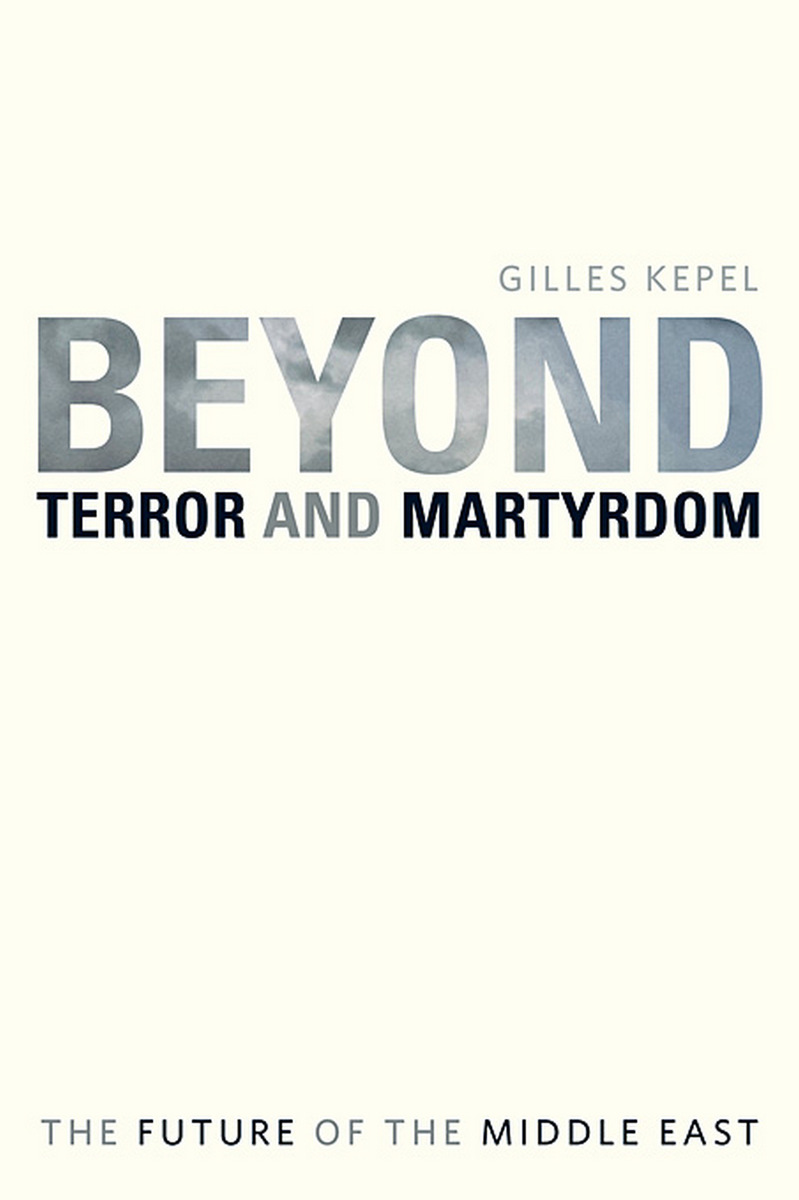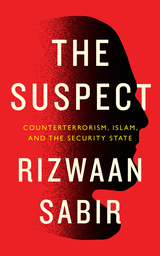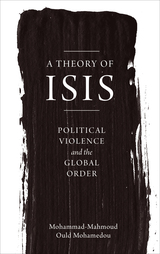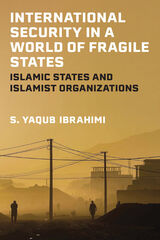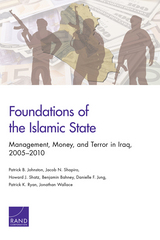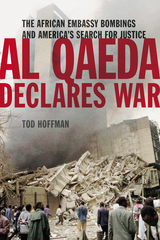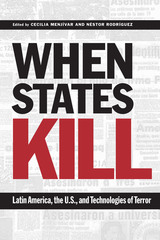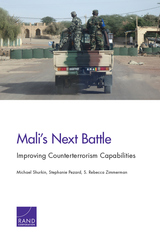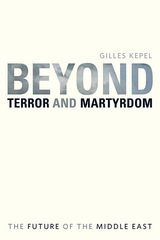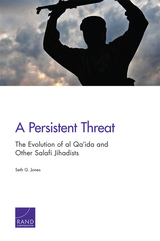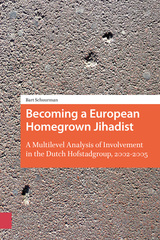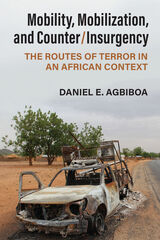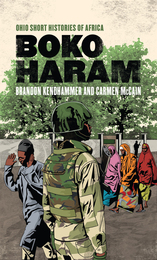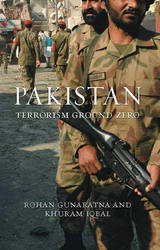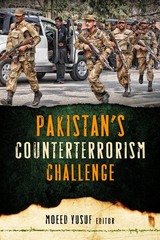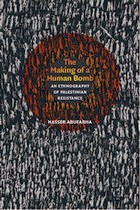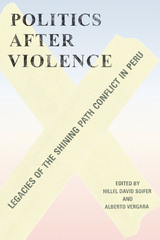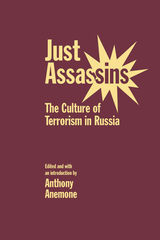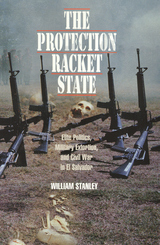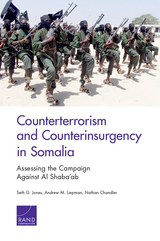This book, from one of France's shrewdest interpreters of the Muslim world, provides a highly readable end-of-term conspectus of the subsequent violent encounter between America and the jihadists. It also offers an intriguing argument. In Gilles Kepel's telling, it is not only Mr. Bush whose strategy failed after September 11th. Osama bin Laden's strategy failed too....Instead of throttling jihadism, the American occupation of Iraq recruited an army of new martyrs to the cause. But far from rallying the Muslim world at large to its banner, the murderous jihad in Iraq--and al Qaeda's killing of many Muslims in other Muslim lands--ended up repelling the very audience this epic struggle was intended to attract...[Kepel] has a rare ability to tell a tale in a way that is easy to follow and yet does justice to the granular complexities of the Muslim world.
-- The Economist
Kepel offers an erudite critique of "the narratives of both Bush and Bin Laden which considered force or violence to be a prerequisite for change in the Middle East." The book surveys the propagation of the "war on terror" that eventually led to "the fiasco in Iraq," but unlike many critiques of the Iraq War, this study focuses on the internecine fighting between various national and sectarian Muslim groups, providing rich historical and cultural context for the internal regional politics that often have derailed U.S. policy. His analysis shifts to Europe, where he examines how different national policies of integration and "multiculturalism" in France and England have resulted in dramatically different experiences of terrorism. Kepel offers alternatives to the American "war on terror" that he believes will help "to transcend terror and martyrdom and to ensure the decisive marginalization of jihadist radicalism." His prescriptions are as insightful and thoughtful as his critiques, making this a valuable read for those interested in the Middle East and current affairs generally.
-- Publishers Weekly
[Kepel] now looks at the events and forces fueling the clash between militant Islamism and the West, and traces the political blindness, anger, and misunderstanding that lead from the "war on terror" to the fiasco in Iraq and the quagmire in Afghanistan. His narrative is brisk, sharp, detailed, and deadly...But what interests Kepel more than just the clash of forces in the Middle East and in cyberspace is the way myths and delusions have taken hold and the advantage the unscrupulous have taken of the inflamed emotions and vulnerable religious beliefs.
-- Michael Binyon New Humanist
Kepel's detailed analysis of the conflicting tactics, strategies, justifications and goals that underscore these ideologies is among the clearest available to date. His tour of the global political landscape illuminates not only the broad contours of Islamist thinking since 2001, but also the nuanced political theologies that pit sects, tribes, jihadis and governments against one another.
-- Paula Newberg Globe and Mail
Its real achievement lies in [Kepel's] analysis of how we come to be where we are now. In a nutshell, the two grand narratives which set the stage in the Nineties have collapsed. If Bush's "war on terror" has been a calamitous failure, so have al Qa'ida's "martyrdom operations." Theatrical jihadism has not only failed to unify global Islam: it has also bolstered the rise of al Qa'ida's Shi'ite rivals in Iran. Kepel charts the disintegration of both crusades, and sheds much light along the way...Equally illuminating are his discussions of how the conflict's flare-ups in Europe have played out in relation to each country's context.
-- Michael Church The Independent
[An] enlightening book...Kepel exposes the flaws and fantasies in the jihadist, as well as American, propaganda arsenals.
-- Charles Glass New Statesman
This book by a respected French analyst...adds something new to the literature on al-Qaeda's challenge to the United States.
-- Oliver Miles Times Literary Supplement
Beyond Terror and Martyrdom is a crisply written indictment that portrays the Bush administration and Al Qaeda as equally immoderate ideological doppelgängers...Kepel charts the unintended consequences of the chaos unleashed in the Middle East, such as the re-emergence of Iran as a regional power, now with nuclear pretensions and a trigger-happy president spouting apocalyptic threats and arming extremists from Iraq to Lebanon to Gaza--a development greeted with wariness not only by the United States, but by Al Qaeda and its Sunni allies, and by vulnerable Sunni Arab states such as Saudi Arabia and Egypt. And neither Bin Laden nor Bush could have anticipated the backlash and erosion of support from their respective constituencies when the airwaves were flooded with gruesome images of the Iraqi insurgent Abu Mussab al-Zarqawi beheading helpless victims, or of the sufferings of detainees at Guantánamo and Abu Ghraib. Beyond Terror and Martyrdom neatly deconstructs the twin narratives of the "war on terror" and jihadist martyrdom, both of which Kepel considers essentially bankrupt.
-- Scott Appleby Commonweal
Kepel knows his Middle East, and he is arguably the foremost expert on political Islam...Illustrative of his ability to capture the complexity of these years is the fact that he treats not just the Bush administration and al Qaeda but also such diverse people and places as Iran's president, Mahmoud Ahmadinejad; the Maronite Lebanese leader General Michel Aoun; the Danish cartoon affair; Pope Benedict XVI; and the situations of Muslims in different European countries. As for the U.S. role in this ongoing tragedy, think of Kepel's account as a harsh but deserved rebuke from "old Europe."
-- L. Carl Brown Foreign Affairs
Gilles Kepel...[has] done more than most writers to open the minds of Western readers to the world of Islam. [He has] written learned and stimulating books on the politics of the Middle East, as well as on the Islamic presence in contemporary Europe...Kepel's latest book to appear in English, Beyond Terror and Martyrdom, is a strong critique of what he calls the two "grand narratives" that have created so much havoc in the Middle East, and by extension in Europe too.
-- Ian Buruma New York Review of Books
This work presents a philosophically important argument that adds much-needed subtlety and quality to what has too often become a shrill debate: the war on terror vs. the war against Islam. Kepel compellingly shows how the two competing sides--neoconservatives on the one hand, radical Islamic fundamentalists on the other--offered a doomsday vision of the world where each staked their own claims to power, claims that ultimately proved impossible to achieve. These were utopian ends--universal democracy or a unified Islamist state--that justified violent means and were fundamentally bankrupt. The author convincingly explains what caused these failures. More importantly, he begins to consider what lessons can be learned so that the world can emerge from these nightmare visions into more balanced and peaceful hopes for the future. Meticulously researched and written in an extremely accessible manner, this work should be regarded as an important alternative to how we usually cover world security issues. For once, it does not seem like there is an axe to grind, or perhaps, it is better put that Kepel is grinding an axe deservedly against both sides.
-- M. D. Crosston Choice
